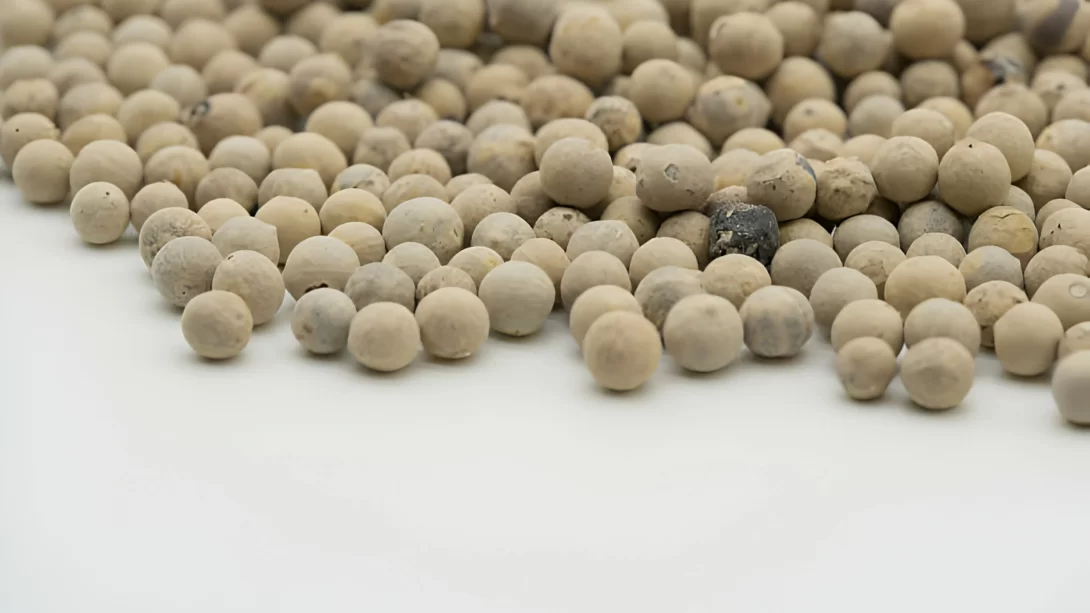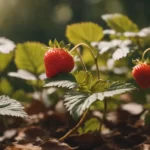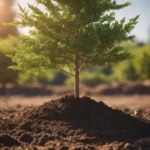In the world of agriculture and gardening, pelleted seeds have emerged as a significant innovation, simplifying the planting process and improving germination rates. These specialized seeds are increasingly popular among both commercial farmers and home gardeners for their numerous benefits. This article will delve into what pelleted seeds are, the process of creating them, and the advantages they offer.
The Basics of Pelleted Seeds
Pelleted seeds are regular seeds that have been coated with an inert material to make them larger and more uniform in size and shape. This process does not alter the genetic makeup of the seed itself; rather, it enhances the seed’s physical characteristics. The types of seeds that are often pelleted include those that are naturally small and difficult to handle, such as carrots, lettuce, and onions. The pelleting process makes these tiny seeds easier to plant, especially for those who struggle with manual dexterity or have vision impairments.
Benefits of Pelleted Seeds
The primary advantage of pelleted seeds is their ease of handling. The larger size makes them simpler to see, handle, and place accurately in the soil. This improved handling leads to better seed spacing, which reduces the need for thinning seedlings later on. Additionally, pelleted seeds often have a higher germination rate. The coating can include nutrients and protectants that shield the seed from diseases and pests, further enhancing its chances of successful germination and growth.
The Pelleting Process
The process of pelleting seeds involves several key steps to ensure that each seed is evenly coated. Initially, seeds are placed in a drum or pan where they are tumbled gently. As they rotate, a coating material, typically a mixture of clay, nutrients, and sometimes a binding agent, is applied. The seeds are continuously tumbled to ensure an even coating and to achieve the desired size and shape. This process can be fine-tuned to create pellets of various sizes depending on the type of seed and the specific needs of the planter.
Considerations When Using Pelleted Seeds
While pelleted seeds offer significant advantages, there are some important considerations for their use. The planting technique may need to be adjusted; for instance, the depth at which pelleted seeds are sown might differ from that of non-pelleted seeds. Storage and handling are also crucial – pelleted seeds can be more sensitive to moisture, as excessive humidity can cause the coating to break down prematurely. Gardeners should also be aware that the germination time might be slightly longer for pelleted seeds, as the seed must break through the coating to sprout.
Pelleted Seeds in Organic Farming
Pelleted seeds have also found a place in organic farming. For seeds to be certified organic, both the seed itself and the pelleting materials must meet organic standards. The availability of organic pelleted seeds has grown in recent years, offering organic farmers and gardeners the benefits of pelleting technology without compromising their organic principles. However, the choice of coating materials is more restricted in organic pelleting, focusing on natural and organic-compliant substances.
Conclusion
Pelleted seeds represent a significant advancement in the field of agriculture and gardening, offering a practical solution to some of the challenges associated with sowing small seeds. By enhancing the size and uniformity of these seeds, the pelleting process simplifies planting, improves spacing accuracy, and can lead to better germination and seedling health. These benefits are invaluable, especially for crops where precision sowing is crucial.
For gardeners and farmers, particularly those practicing organic cultivation, pelleted seeds offer an efficient and compliant option. The growth in the variety and availability of organic pelleted seeds ensures that this technology is accessible to a broader audience, adhering to the principles of organic farming.
While there are considerations to bear in mind, such as adjusted planting techniques and careful storage, the advantages of using pelleted seeds are clear. They reduce the labor and time involved in planting and can lead to more successful crop yields. For those dealing with the intricate task of planting small seeds, pelleted seeds are certainly worth considering.
In conclusion, pelleted seeds are a testament to the innovation in gardening and agriculture, making planting easier, more efficient, and often more successful. Whether for a small home garden or a large agricultural operation, incorporating pelleted seeds into planting practices can result in a more enjoyable and fruitful gardening experience.




